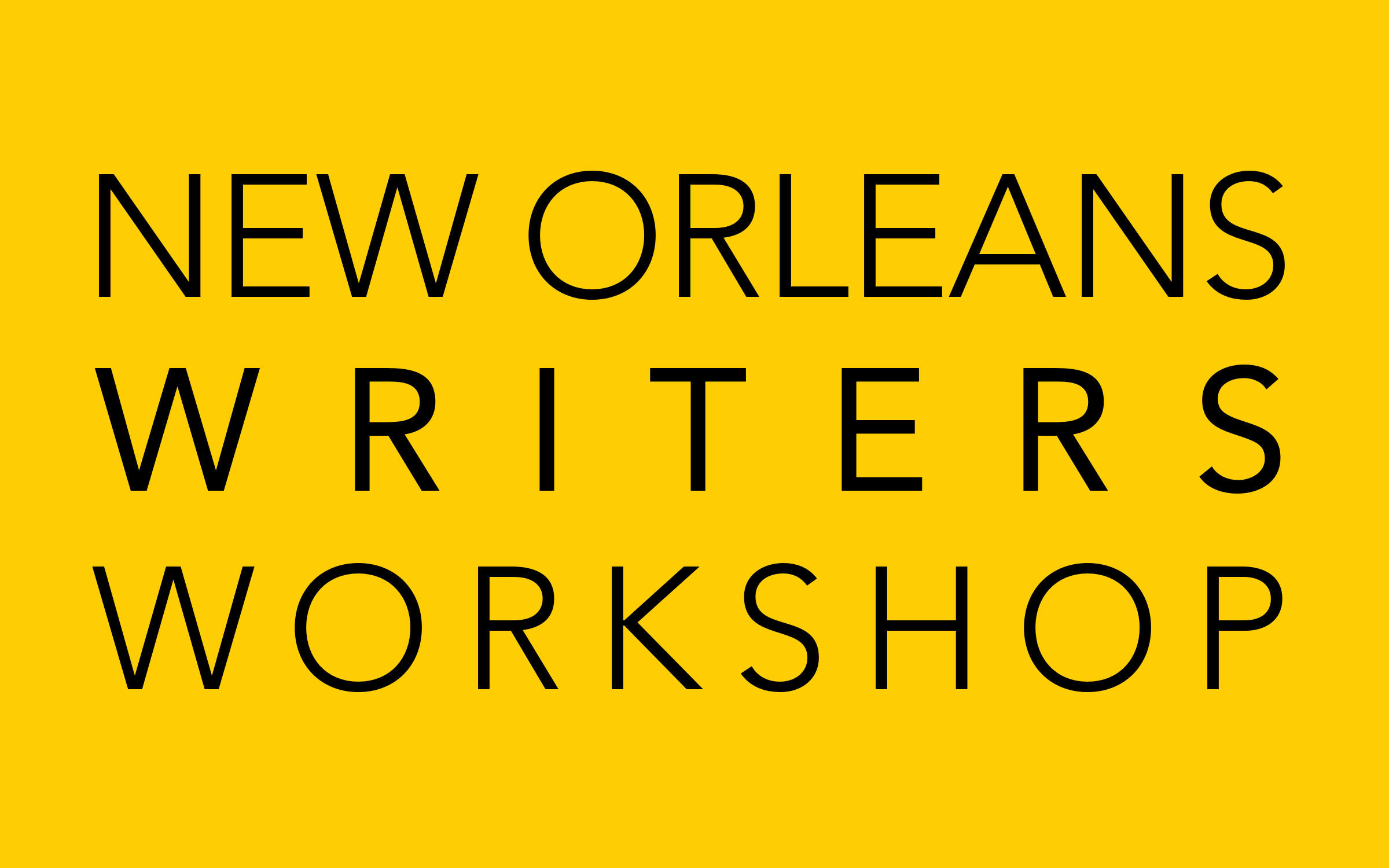Published January 15, 2025
Local author Elisa Speranza talks with visiting instructor Kate Feiffer about her genre-bending new novel Morning Pages and her upcoming class “Fictionalizing Your Life.”
[“Some characters and events are very much based on people in my family. Others are entirely invented. Doing it this way gave me the freedom to vent and to invent. I highly encourage it. ” – Kate Feiffer]
Elisa: Your debut novel Morning Pages—in addition to being entertaining, hilarious, and beautifully written—is a great example of “autofiction.” Can you share a little about how you got the courage to write a story based loosely on your own family?
Kate: I was sharing funny anecdotes with friends about my family and their, shall we say, eccentricities, and they were encouraging me to write a memoir. In fact, a lot of people encouraged me to write a memoir, but for various reasons, I wasn’t interested in writing a memoir. Instead, I decided to use some of the material to build a novel around. As you can imagine, writing the book was quite cathartic. Some characters and events are very much based on people in my family. Others are entirely invented. Doing it this way gave me the freedom to vent and to invent. I highly encourage it.
Elisa: The title of your novel refers to Julia Cameron’s classic book The Artist’s Way. Can you summarize what “morning pages” are for readers who may not be familiar with the reference? Without giving too much away about the plot, how were you able to weave the practice of “morning pages” into the narrative?
Kate: Morning pages are a device popularized by Julia Cameron to help writers and other creatives who are feeling blocked. What Cameron recommends is writing three pages every morning as soon as you wake up. I liked the idea of writing an epistolary novel using morning pages because it allowed me to play with structure and form, to have an unreliable narrator, and to both plunge into the depths of her thinking and be able to riff on the humorous things that confront us in life. The main character in the novel is a playwright trying to revive her stalled out career while dealing with her complicated mother who is in the early stages of dementia and her sullen, stoned teenage son. The challenge for me was creating a narrative arc that flowed because it became so much fun just to write this woman’s morning pages. There were probably over 40 days of morning pages that didn’t make into the final book.
Elisa: You’re no stranger to publishing, with a number of children’s books and other work in your portfolio, but this is your first adult novel. What themes and messages do you hope readers will glean from the book?
Kate: I like to call this book a coming-of-age story about a woman in the sandwich generation. So many of us are caring for aging parents while raising children. The themes in the book will resonate with readers who are, or have, struggled with the difficulties and absurdities of managing care for others while trying to find time to care for themselves.
Elisa: How did you come up with the unique play-within-a-novel format?
Kate: Since I was writing a novel about a playwright, I thought I should know how to write a play, so I took a playwrighting class and read a lot of plays. I decided as an exercise I’d write the play my main character in the book was writing. I then came up with the idea of including scenes from the play in the book because I thought it would be interesting to illustrate the process of writing from life, as she does, and as I was doing. Eventually we ended up deciding to include the entire draft of the play as a complete story within a story.
Elisa: What has surprised you most about getting your book out into the world?
Kate: I’ve written a number of children’s books and when you write children’s books you go into schools and talk to classes of students about writing and it’s wonderful. Figuring out how to connect with adult readers has been more challenging. I am still feeling very new to this and finding my way.
Elisa: We’re excited to have you as a new instructor at the New Orleans Writers Workshop! What do you hope writers will takeaway from your upcoming class?
Kate: I am so delighted to be joining you! Nora Ephron famously said, “Everything is copy.” As the daughter of two writers, I grew up knowing how it felt to be copy – and it can be pretty miserable. Given my personal experience, I’m a bit more restrained in my approach than perhaps Ephron was. But what I hope to be able to do is encourage people to feel comfortable using their own experiences to draw and build on, and to find the right balance for them as writers to write what they want, keep their friends and not alienate family members – or alternatively, use the power of the pen as a tool to write your way out of your toxic relationships.

